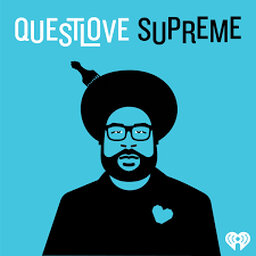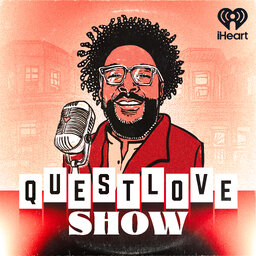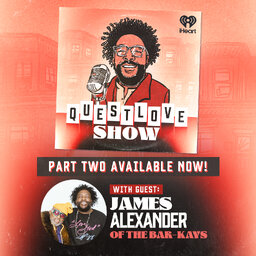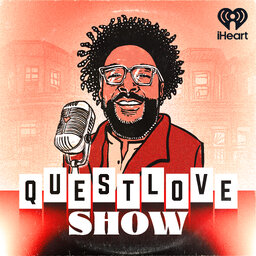QLS Classic: Allee Willis
In this QLS Classic, "That-one-song" writer, Allee Willis talks shop from her days as a songwriter for Earth, Wind & Fire and The Rembrandts.
In 1 playlist(s)
The Questlove Show
The Questlove Show builds on the award-winning Questlove Supreme podcast, bringing listeners into in…Social links
Follow podcast
Recent clips

QLS Classic: Lena Waithe
1:32:57

BONUS: James Alexander on The Bar-Kays' Rivalry With Cameo
09:18

James Alexander of The Bar-Kays Part 2
1:01:04
 The Questlove Show
The Questlove Show